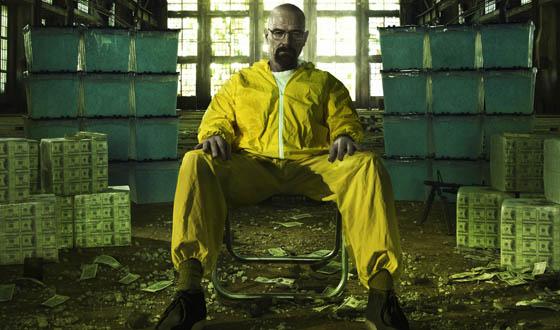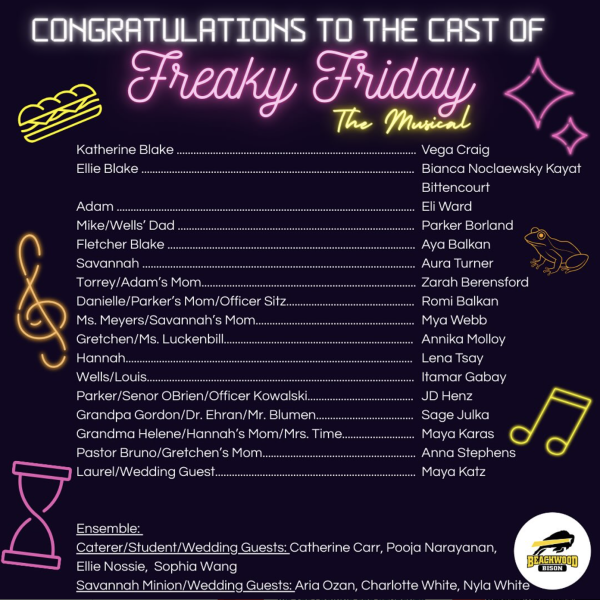Reflecting on Walter White’s Journey

For the past six years, many of us have been deeply engaged in a television series that shows a character transform, in creator Vince Gilligan’s words, “from Mr. Chips to Scarface,” as Walter White slowly evolves from a loving father and chemistry teacher to a monstrous drug kingpin.
What is unique about Breaking Bad is the believability of this transformation.
The show was about so much more than about just methamphetamine empires and chemistry. It is the story of a man longing for significance. Walter White spends his entire life being walked on. In the first season, Walt, once a quiet man who was repeatedly taken advantage of, finally unleashes his anger upon the world around him.
All of Walter’s anger stems from his youth, where he sold his shares of a small research company, Grey Matter, to his college friends. To his eventual regret, the company would make billions off of Walter’s research. This jealousy is perhaps the largest part of Walter’s retaliation, and is what fueled the fire of his anger and need to regain the success that slipped through his fingers.
Breaking Bad is incredible for many reasons, but it succeeds in three major areas where no other television show comes close: movie-like cinematography, superb acting and ingenious writing.
Gilligan utilizes a style that is rarely seen on television. From the frequent time-lapses to the different uses of lighting and color, the show really pops in a way that we are only used to seeing on the big screen.
Second, Breaking Bad’s actors are a one-of-a-kind mix. Bryan Cranston, who plays Walter White, takes on a role that seems alien given his previous career. Cranston, a comedian, starred as sardonic dentist Tim Whatley on Seinfeld and slapstick father Hal in Malcolm in the Middle. Since playing Walter White, Cranston has starred in numerous roles in hit films such as Drive and Argo.
Interestingly, Cranston is not the only comedian on Breaking Bad. He is also joined by the star of Mr. Show, Bob Odenkirk, and stand-up comedians Bill Burr and Lavell Crawford. Unsurprisingly, these actors provide comic relief throughout the series while also playing dramatic roles.
Also notable are performances by co-stars Anna Gun (Skyler White) and Dean Norris (Hank Schrader). The performances by these two actors, especially in the final season, are unparalleled. I find it hard to name a better cast in a television series airing today.
Finally, Breaking Bad is exceptionally well-written. Show creator Vince Gilligan and his team of writers have created an almost-flawless television series through an always-surprising plot. Never before has a cast of characters changed so much throughout a series. From Walter to Jesse to Skyler, there is not one static character in the series.
Most importantly, Breaking Bad provides insight into the world that most shows don’t. It teaches the realities of dissatisfaction and reveals just how evil human beings can be.
Although this review reflects on the entire series, the finale is just as important to talk about. I have seen many great shows end poorly. However, I found the Breaking Bad series finale to be incredibly satisfying. All loose ends were tied up, everybody got what was coming to them, and (SPOILER ALERT) Walter was finally killed off next to his child: his beautiful mobile meth lab.
Let’s be honest: this review, or any review, can not do justice to how incredible Breaking Bad really is. If you haven’t seen it, I urge you to jump onto Netflix, or buy the series, and engorge yourself on television’s best series of the past decade. You won’t be sorry.










